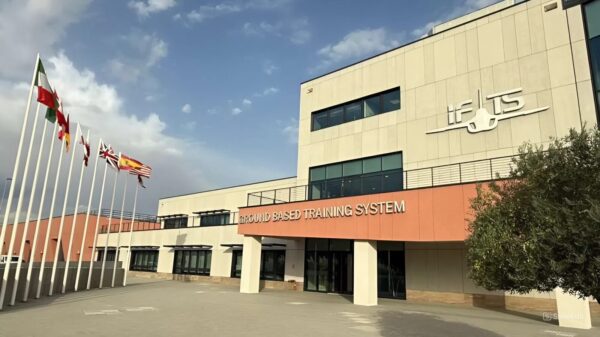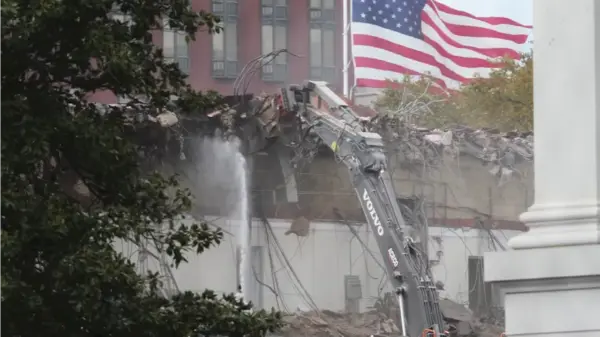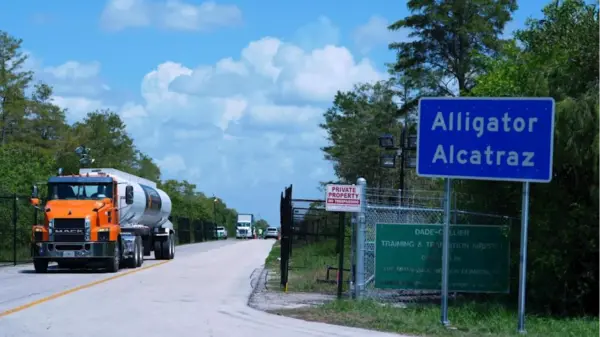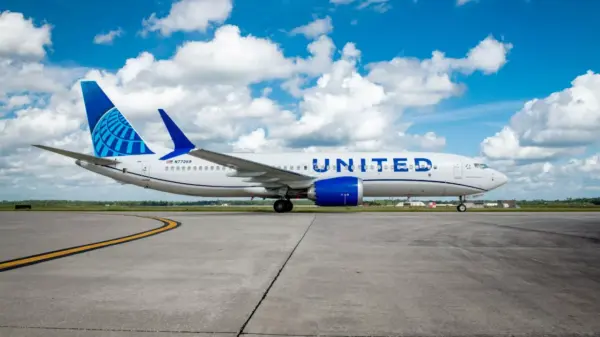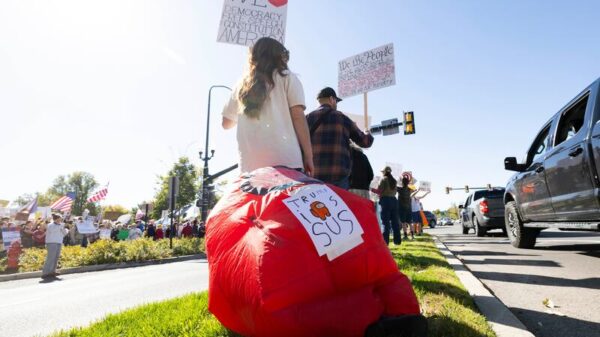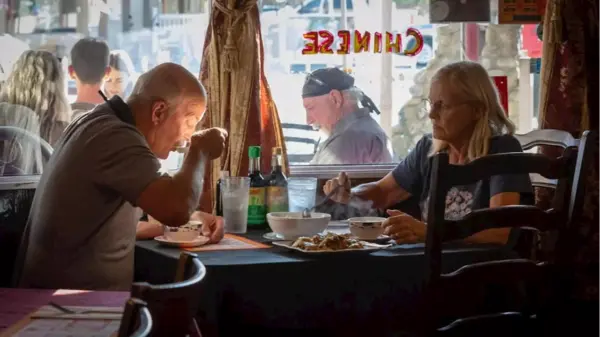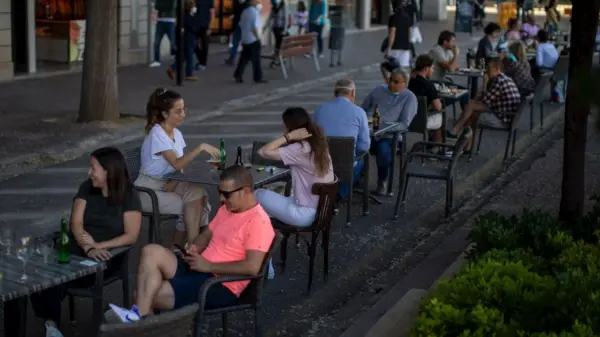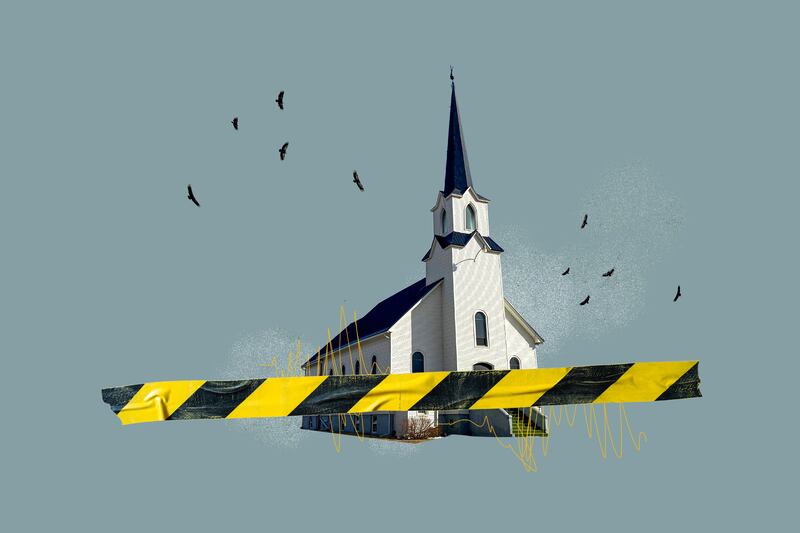The closure of the First Baptist Church of Mount Vernon in Illinois marks a significant moment in the landscape of American religion. After serving the community since its establishment in 1868, the church officially closed its doors on July 21, 2024. This closure has left a profound impact on its former pastor, who reflects on the emotional journey that followed this pivotal event.
The church was more than just a building; it was a source of inspiration and community for thousands in southern Illinois. As the pastor who delivered the last benediction, the author faced a flood of emotions and public reaction after the closure. Several journalists, including Bob Smietana from Religion News Service, covered the story, highlighting the significant shift in religious practices in America. The Associated Press also published a piece that resonated with readers across the nation and beyond.
Public Response and Personal Reflection
Following the announcement of the church’s closure, the former pastor received an overwhelming number of emails, ranging from supportive messages to unsolicited critiques. Many individuals expressed their condolences, while others sought to explain the reasons behind the church’s decline. A common criticism was the pastor’s part-time status, which some attributed to the church’s struggles. The reality, however, was that financial constraints made it challenging to support full-time staff.
Others attributed the closure to the perceived liberalism of the American Baptists, the church’s denomination. Yet, the pastor emphasized that the church had maintained a non-political stance during his 17 years of leadership. He noted that these unsolicited critiques often felt more like projections of the writers’ fears about their own congregations rather than genuine assessments of his church’s situation.
“They aren’t writing to explain to you why things didn’t work out, they are writing to explain to themselves why they (or their church) won’t be in the same position in five or ten years down the road.”
In addition to the critical emails, many religious leaders reached out with offers to revitalize the church or to use the building for new congregations. While some messages came from a place of genuine care, they often struck a nerve with the former pastor, who felt these individuals misunderstood the exhaustion his congregation had faced. The emotional toll had left many members drained, and the closure was, in some ways, a relief.
Continuing the Journey
The journey did not end with the church’s closure. In the year following the event, the former pastor experienced personal losses within the congregation, burying two members. He found solace in the opportunity to provide comfort during their final moments, reaffirming his ongoing connection to the community. Despite the church’s closure, he feels honored to have been part of their lives and to continue serving them in different capacities.
As he navigates this new chapter, he has attended a local Methodist church, where he often sits quietly in the back during services. Although he no longer stands at the pulpit, he finds moments of familiarity and comfort among former members who also attend. The transition has not been seamless, yet he is slowly discovering a new sense of belonging within this community.
Reflecting on his experiences, the former pastor acknowledges that while the closure of the First Baptist Church has been challenging, it is also part of a larger narrative of religious change in America. Mainline churches are closing, and the rise of the “nones” is a trend he has studied extensively through his writings, including books such as “The Nones” and “The Great Dechurching.” This academic background informs his understanding of the shifting religious landscape, yet he grapples with the personal implications of his own story.
Ultimately, the former pastor finds hope in the shared experiences of community and faith. While the closure of the church signifies a loss, he recognizes that the journey continues, and new beginnings are possible. As he moves forward, he cherishes the memories and relationships formed during his years of service, knowing they will always be a part of his spiritual journey.








